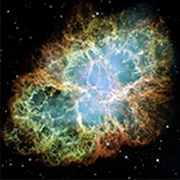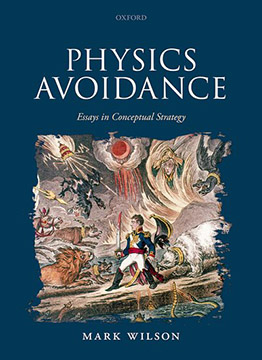

![]()
home
::: about
::: news
::: links
::: giving
::: contact
![]()
events
::: calendar
::: lunchtime
::: annual
lecture series
::: conferences
![]()
people
::: visiting fellows
::: postdoc fellows
::: senior fellows
::: resident fellows
::: associates
![]()
joining
::: visiting fellowships
::: postdoc fellowships
::: senior fellowships
::: resident fellowships
::: associateships
![]()
being here
::: visiting
::: the last donut
::: photo album
::: center home >> events >> conferences >> 2019-20 >>Physics Avoidance |
Workshop on Mark Wilson's
Wilson's new collection of essays represents his mature thoughts on such philosophical issues as conceptual change, the use of models, and the role of scales in scientific contexts. It presents a view of science that is in stark contrast to certain very deeply entrenched views in the philosophical literature. Wilson discusses how applied mathematics can be used to solve deep problems that present themselves in context where straightforward representational and computational strategies become unfeasible. There are interesting consequences for our understanding of metaphysical notions of possibility and necessity. This workshop will feature scholars in an author meets critics format capped off by a panel discussion. Program 9:00 Coffee/Pastries 9:30 Laura Ruetsche (University of Michigan) ABSTRACT TBA 10:45 Thomas Ryckman (Stanford University) ABSTRACT: My topic is not “avoidance of metaphysics” but the possibility of a metaphysics premised upon appreciation of flexible conceptual behavior in the physical sciences rather than upon synchronic logic-centered conceptions of “Theory T thinking” and its bastard progeny, analytical metaphysics. From quite distinct starting points, Mark Wilson and Ernst Cassirer allow for a metaphysics of physics after closing off the customary route to this goal stemming from “ur-philosophical hope” and the siren enticements of “the classical concept”. While noting significant differences, I’ll explore a parallel between Wilson’s “cloud of directivities” surrounding core predicates in applications of classical mechanics and Cassirer’s documentation of the transformation within classical and relativistic theory of “thing” concepts (i.e., with fixed extension of definite properties) into concepts with “growth characteristics”. I’ll conclude with critical appraisal of the “stoutness” of any resultant “scientific realism”. 12:00 Lunch Break 2:00 Porter Williams (University of Southern California) ABSTRACT: In the late 1940s and early 1950s, Julian Schwinger developed renormalization methods for extracting Lorentz and gauge invariant results from perturbative calculations in quantum electrodynamics and, ultimately, laid the initial foundation for postwar quantum field theory itself. He continued to work within the framework of quantum field theory through the mid-1960s, long after most particle theorists had shifted their hopes for modeling the strong interactions to S-matrix Theory or the methods of current algebra. However, in 1966 Schwinger abandoned quantum field theory as well, and the remainder of his work in particle theory was devoted to the development and elaboration of an alternative, largely fruitless theoretical framework called Source Theory. In this talk, I argue that Schwinger's evolving attitude toward quantum field theory illustrates the value, the difficulties, and the dangers of physics avoidance. 3:15 Gordon Belot (University of Michigan) ABSTRACT: What is Theory T thinking and is it really that bad? Why does Einstein maintain that the equations of general relativity must be supplemented by boundary conditions if space is infinite? What do these questions have to do with each other? 4:30 Coffee Break 4:45 Panel Discussion 5:45 Adjourn
Panelists Julia Bursten (University of Kentucky)
Sponsored by the Center for Philosophy of Science
|
|
